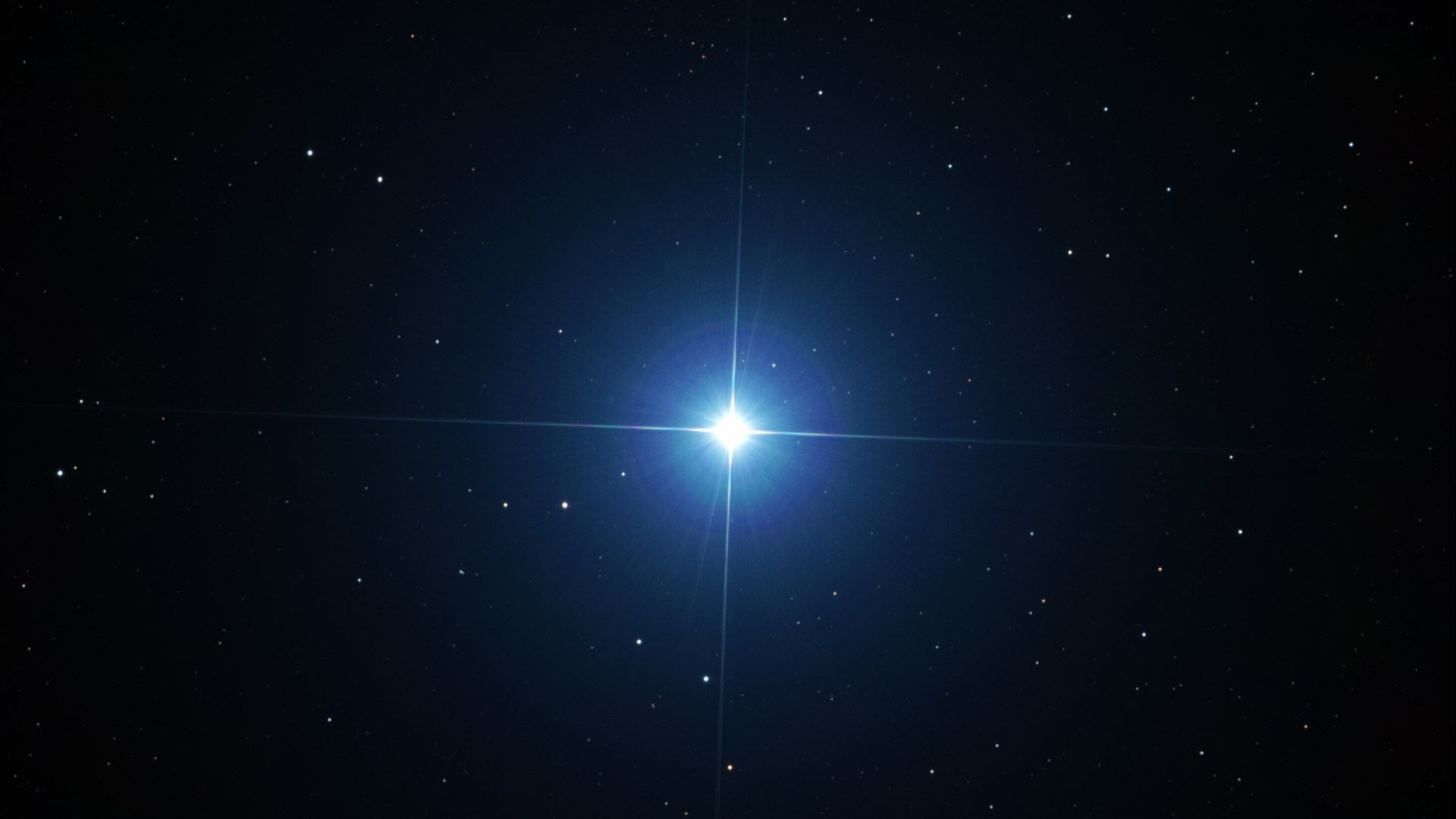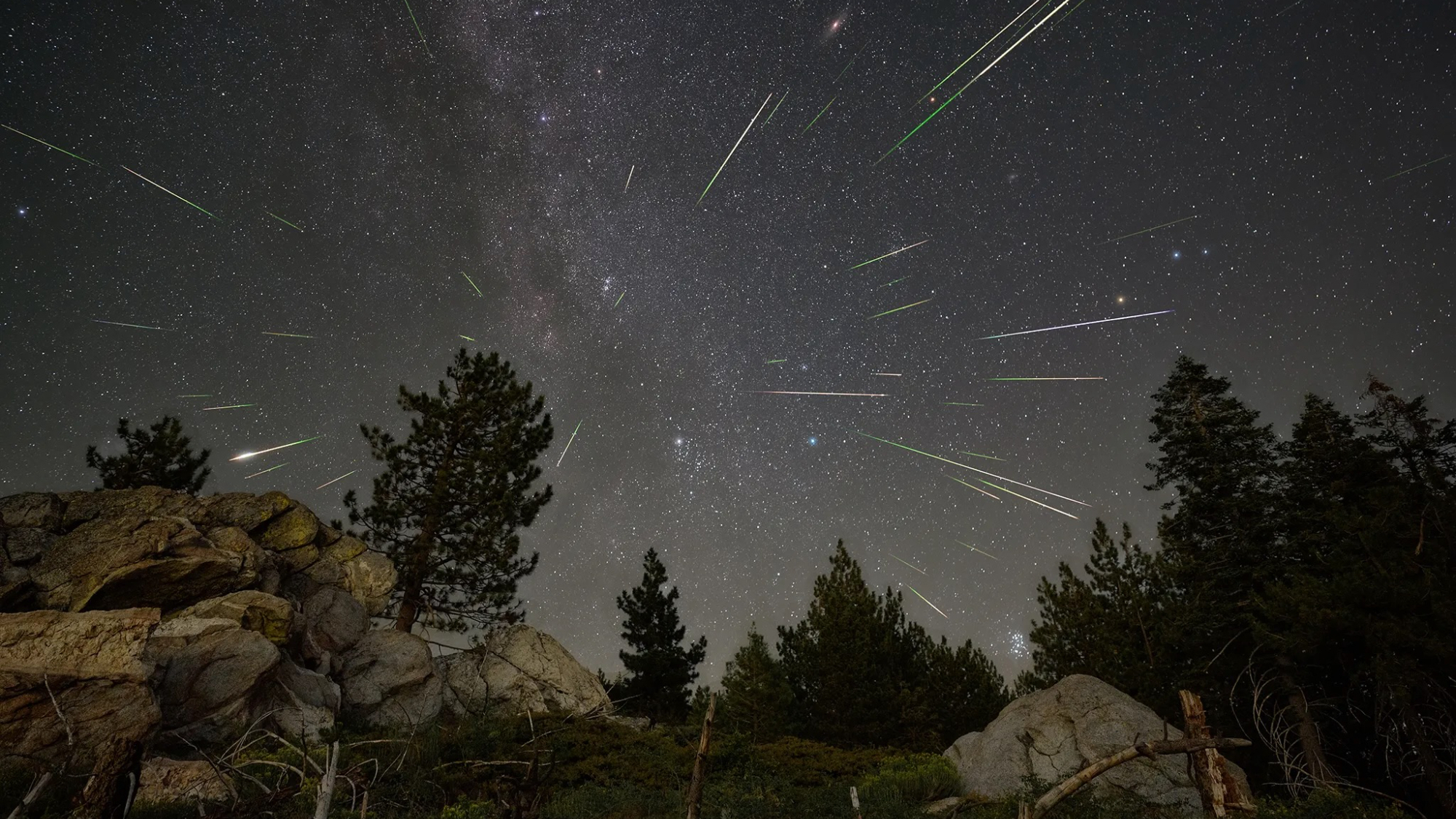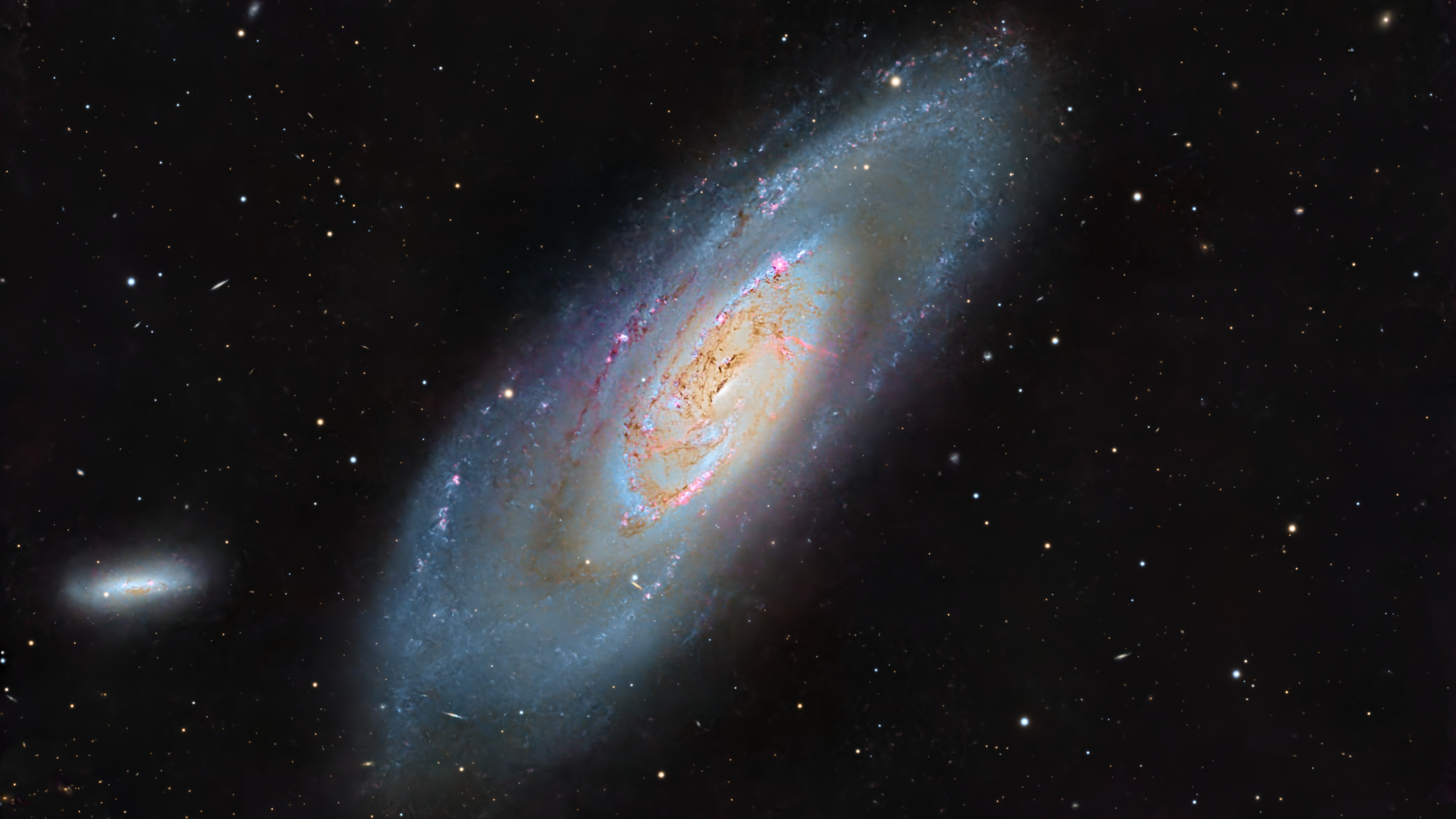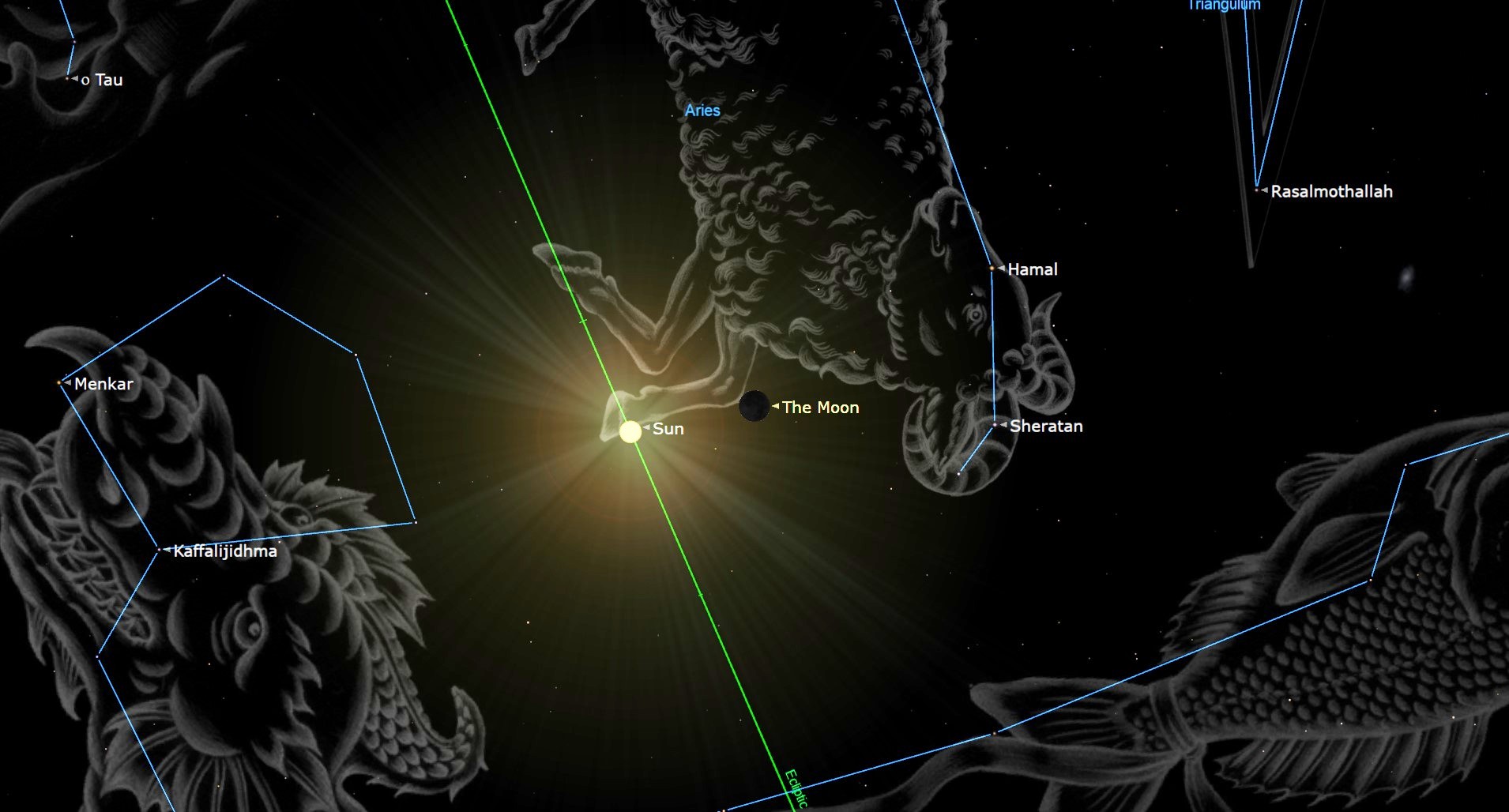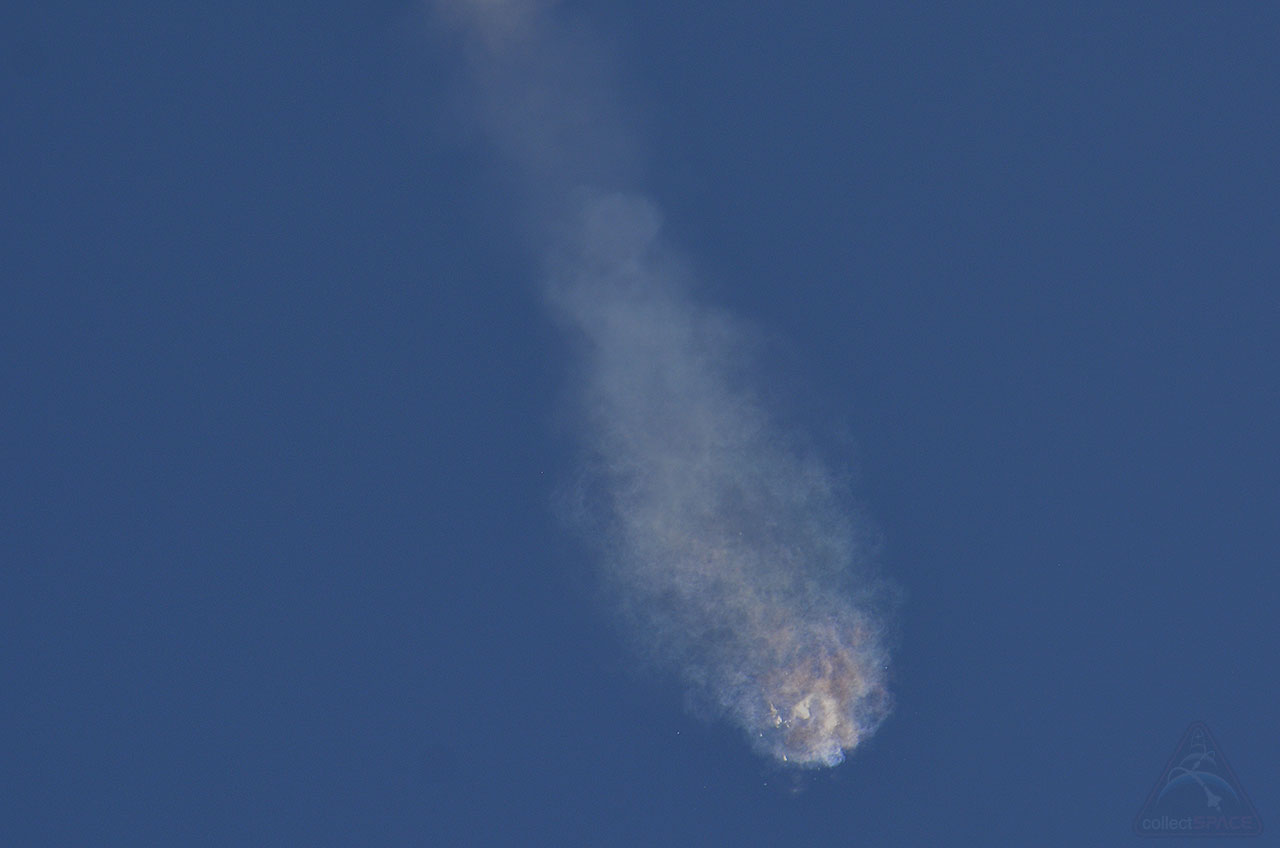
The failure of SpaceX's Falcon 9 rocket during a cargo launch Sunday shouldn't have a big impact on the company's ability to fly astronauts to orbit and back a few years from now, NASA officials said.
The two-stage Falcon 9 exploded Sunday (June 28) shortly after launching SpaceX's unmanned Dragon capsule on an attempted cargo mission to the International Space Station for NASA. The cause of the accident remains unclear at the moment, though SpaceX representatives have said they suspect some sort of issue with the rocket's second stage.
The Falcon 9 and Dragon aren't just a cargo-launching duo; SpaceX will also use the rocket and a modified version of the capsule to ferry astronauts to and from the orbiting lab for NASA, under a $2.6 billion deal that was announced in September. [See photos from the failed SpaceX launch]
NASA also awarded Boeing $4.2 billion to complete work on its CST-100 crew capsule. The space agency wants one or both companies to be flying astronauts to and from the orbiting lab by the end of 2017. (Since the space shuttle program ended in July 2011, NASA has been solely dependent on Russia's Soyuz capsule to provide this taxi service, at a cost of around $70 million per seat.)
That timeline is still achievable for SpaceX despite Sunday's mishap, said Bill Gerstenmaier, NASA's associate administrator for human exploration and operations.
"We can actually learn from this failure — understand a weakness or a flaw in the design that we might not have seen for a while, and so this could actually lower some of the speculation about how we want to move forward and how we want to work on the crew design," Gerstenmaier said in a press briefing Sunday.
"At this point, I don't anticipate it impacting the schedule," he added. "In fact, it could help us to nail down designs and move forward."
Get the Space.com Newsletter
Breaking space news, the latest updates on rocket launches, skywatching events and more!
SpaceX president and chief operating officer Gwynne Shotwell voiced similar sentiments.
"This is a tough business. Any launch provider has to have considered this in their operational plans going forward," Shotwell said in Sunday's briefing. "So I don't anticipate this to impact any program that we have ongoing. We must find this cause of the failure, we must fix it and obviously we're going to get back to flight."
But funding issues could cause some slippage from that December 2017 target date, Gerstenmaier said. The White House asked for $1.2 billion for NASA's commercial crew program in its 2016 federal budget request, but Congress thus far seems willing to appropriate only $900 million to $1 billion.
"We really need full funding for crew," Gerstenmaier said. "We really need to keep moving forward technically, and to do that, we need the funding level we requested."
SpaceX holds a $1.6 billion NASA contract to fly at least 12 unmanned resupply missions to the space station. Sunday's launch kicked off mission number seven; the previous six had all been fully successful.
Sunday's mishap was the third cargo-mission failure in the last eight months. In October, spaceflight company Orbital ATK (which signed its own $1.9 billion resupply deal with NASA) lost its Cygnus freighter just seconds after liftoff when Orbital's Antares rocket exploded. And Russia's robotic Progress 59 spacecraft fell back to Earth in May without reaching the space station, victimized by an apparent problem with the third stage of the Soyuz rocket that launched it.
Follow Mike Wall on Twitter @michaeldwall and Google+. Follow us @Spacedotcom, Facebook or Google+. Originally published on Space.com.
Join our Space Forums to keep talking space on the latest missions, night sky and more! And if you have a news tip, correction or comment, let us know at: community@space.com.

Michael Wall is a Senior Space Writer with Space.com and joined the team in 2010. He primarily covers exoplanets, spaceflight and military space, but has been known to dabble in the space art beat. His book about the search for alien life, "Out There," was published on Nov. 13, 2018. Before becoming a science writer, Michael worked as a herpetologist and wildlife biologist. He has a Ph.D. in evolutionary biology from the University of Sydney, Australia, a bachelor's degree from the University of Arizona, and a graduate certificate in science writing from the University of California, Santa Cruz. To find out what his latest project is, you can follow Michael on Twitter.
